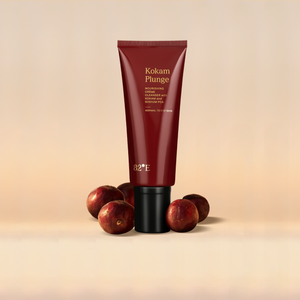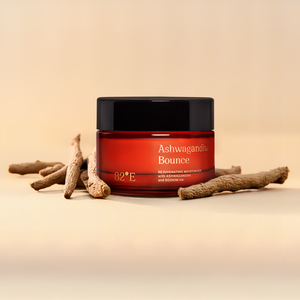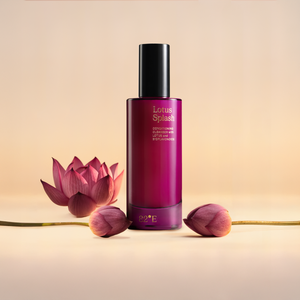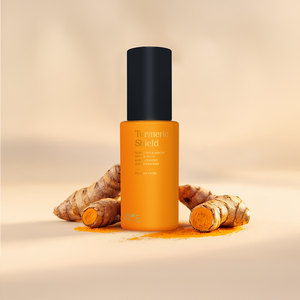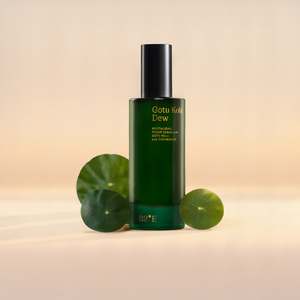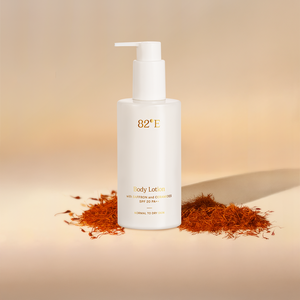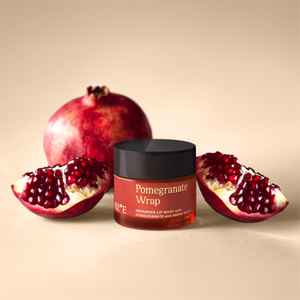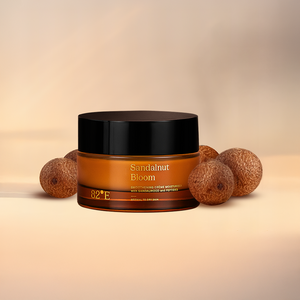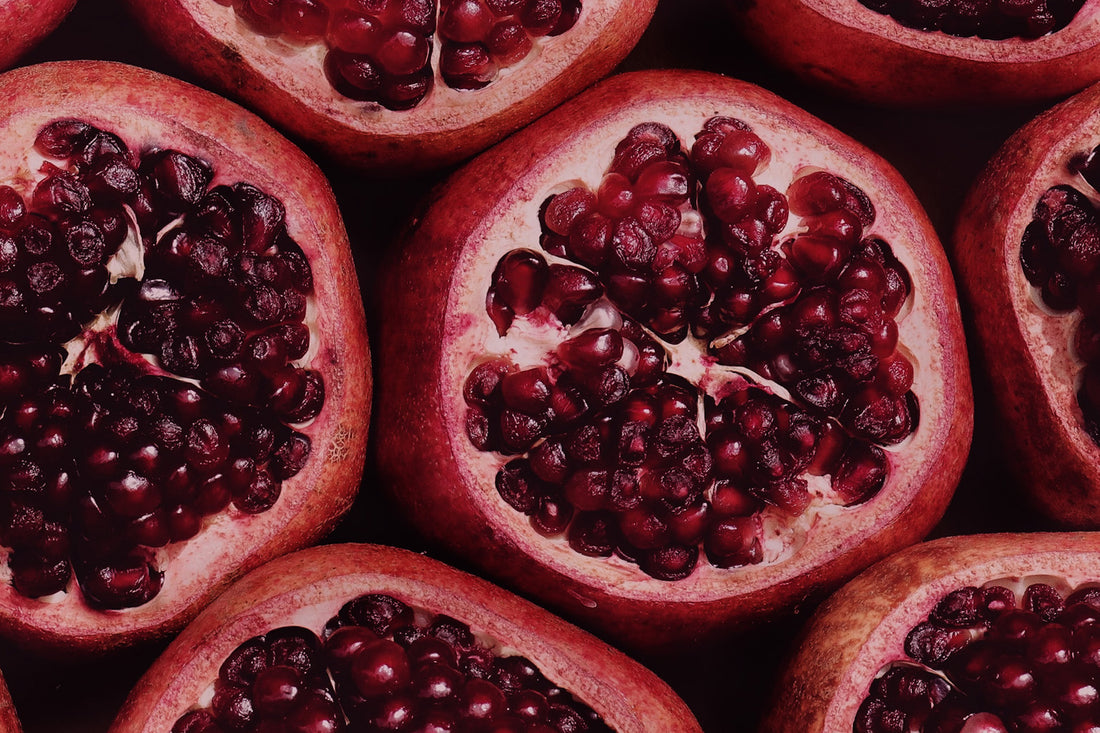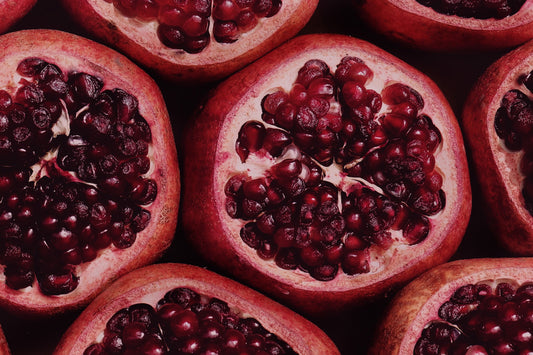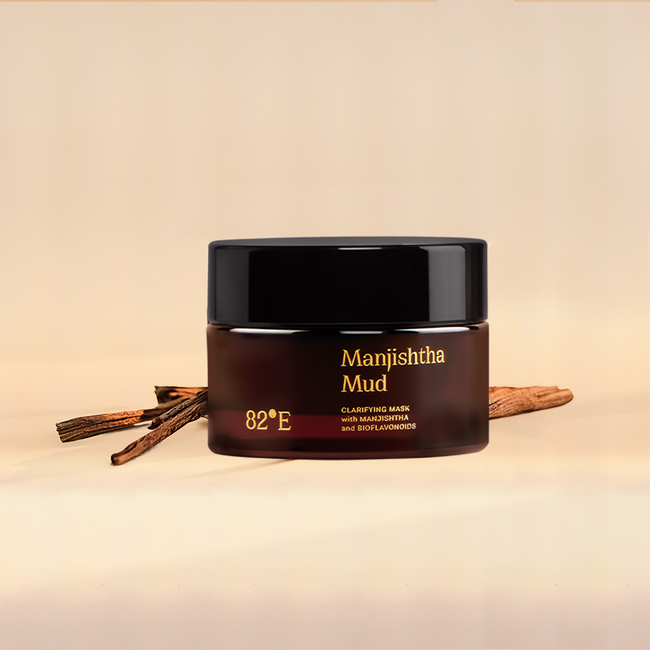
For many of us, dry skin is something we’ve experienced from time to time. Whether it is our default skin state or a condition brought on by changes in weather conditions, it's crucial to address it properly to maintain a healthy and glowing complexion. To determine if you have dry skin, you can look for some telltale signs: if your skin often feels tight, appears rough or flaky, and if you notice fine lines and redness, these are all indicators of dry skin. Once you understand your skin and its needs, it will be easier for you to establish a routine that works.
One such proven way to care for dry skin is applying face masks—a simple, yet effective, skincare step that doubles up as a self-care ritual. Read on to discover how face masks can help you nourish your skin.
Do you Have Dry Skin?
Perform an easy test to understand your skin type before you curate your skincare routine. Make sure your face is thoroughly cleansed and free from any makeup or skincare products. Gently wash your face with a gentle cleanser and pat it dry with a clean towel. Don't apply any moisturizers, toners, or serums to your face. You want to assess your skin in its natural state. Let your skin rest for about an hour to allow your natural skin oils (sebum) to come to the surface. Lightly touch different areas of your face with clean fingertips. If you experience these sensations, it is likely that you have dry skin:
- Tightness: This tightness is a result of the skin lacking the necessary moisture and oils to keep it supple and comfortable.
- Rough Texture: Dry skin tends to have a rough and uneven texture. You may notice small, dry patches, flakiness, or a general lack of smoothness when you run your fingers over your skin. This is because dry skin lacks the natural lipid barrier that keeps it soft and smooth.
- Flakiness: The presence of visible flakes or peeling skin is a classic sign of dry skin. These flakes are essentially dead skin cells that haven't properly shed, causing an uneven and dull complexion.
- Fine Lines and Redness: Dry skin is more prone to developing fine lines and wrinkles, especially around the eyes and mouth. Additionally, you might notice redness and irritation, which can make your skin appear more sensitive and inflamed.
It is important to note that your skin type can change over time due to factors like age, weather, and skincare products, so it's a good idea to reassess your skin periodically to adjust your skincare routine accordingly.
DIY Face Packs to Hydrate Dry Skin
Hydrating and nourishing homemade face packs can work wonders for dry skin, helping to restore moisture and radiance. Here are a few homemade face packs that can be whipped up in a matter of a few minutes:
Avocado and Honey Face Pack
Avocado is rich in healthy fats and vitamins, while honey is a natural humectant, helping to lock in moisture and nourish your skin.
- Mash half an avocado and mix it with 2 tablespoons of honey.
- Apply the mixture to your face and leave it on for 15-20 minutes.
Banana and Yogurt Face Pack
Bananas are loaded with vitamins and minerals, and yogurt provides probiotics that can help improve skin health.
- Mash a ripe banana and blend it with 1-2 tablespoons of plain yogurt.
- Apply the mixture to your face for 15-20 minutes.
Oatmeal and Milk Face Pack
Oatmeal gently exfoliates and soothes dry skin, while milk provides hydration.
- Mix 2 tablespoons of oatmeal with enough milk to make a paste.
- Apply the paste to your face and let it sit for 15 minutes.
Cucumber and Aloe Vera Face Pack
Cucumber has a cooling effect and helps hydrate the skin, while aloe vera soothes and nourishes.
- Blend half a cucumber with 2 tablespoons of fresh aloe vera gel.
- Apply the mixture to your face and leave it on for 15-20 minutes.
Coconut Oil and Brown Sugar Scrub
This scrub exfoliates dead skin cells while the coconut oil deeply moisturizes.
- Mix 2 tablespoons of coconut oil with 1 tablespoon of brown sugar.
- Gently massage the mixture in a circular motion on your face for a few minutes.
- Rinse with water.
These homemade face packs for dry skin are simple to prepare and use ingredients commonly found in your kitchen. Always remember to cleanse your face before applying any face pack, and patch-test if you have sensitive skin or allergies. Use these packs regularly to keep your dry skin well-hydrated and nourished.
Tips For The Perfect Face Mask Ritual
Creating a face pack for dry skin can be a fantastic way to nourish and hydrate your skin. However, it's essential to follow some do's and don'ts to ensure your DIY skincare routine is safe and effective:
Do's
- Do: Use Non-drying Masks - If you have no time to make a face pack, use a non-drying mask that is suitable for dry skin. Manjishtha Mud is a clay mask formulated with two antioxidant-rich ingredients, manjishtha and bioflavonoids. This mask helps clarify the skin by removing impurities and rebalancing the oil content on the skin, without drying it out.
- Do: Patch Test - Always perform a patch test by applying a small amount of the mask to the inside of your wrist or behind your ear to check for any adverse reactions or allergies.
- Do: Use Fresh Ingredients - Opt for fresh, natural ingredients to make your face mask. Fresh ingredients are more potent and less likely to cause irritation.
- Do: Cleanse Your Face - Use a gentle, hydrating cleanser to clean your face. Avoid harsh, foaming cleansers that can strip your skin of its natural oils. This ensures the mask can penetrate your skin more effectively.
- Do: Apply Evenly - Apply the mask evenly to your face and neck, avoiding the eye area. Use a gentle, upward motion to prevent tugging on your skin.
- Do: Relax and Rehydrate - While the mask is on, take some time to relax. You can lie down, close your eyes, and play some soothing music. Consider placing cucumber slices over your eyes for a spa-like experience.
- Do: Rinse with Lukewarm Water - Use lukewarm water or tap water to gently rinse off the mask. Avoid hot water, as it can strip your skin of its natural oils.
- Do: Moisturise Immediately - After removing the mask, apply a rich, emollient moisturiser that is specifically designed to keep your skin hydrated. It helps lock in the benefits of the mask.
Don'ts
- Don’t: Use Products with Allergens - If you have known allergies to specific ingredients, avoid using them in your face masks. Common allergens include citrus, nuts, and certain essential oils.
- Don't: Overdo It - Using face masks too frequently can lead to overexfoliation and skin sensitivity. Use them as part of your skincare routine, but not daily.
- Don't: Use Expired Ingredients - Always check the expiration dates of your ingredients. Using expired products can lead to adverse reactions.
- Don't: Overmix - Some ingredients can interact and create adverse chemical reactions. Follow the recipe precisely and avoid overmixing.
- Don’t: Leave Masks On Too Long - Leaving a mask on for an extended period can dry out your skin or cause irritation. Follow the recommended time guidelines.
- Don't: Overcomplicate - You don't need an extensive list of ingredients. Simplicity is often best, and you can achieve great results with just a few high-quality components.
Remember that everyone's skin is different, so it may take some trial and error to find the perfect homemade face mask for your dry skin. If you experience persistent irritation or discomfort, consult a dermatologist for professional advice.
